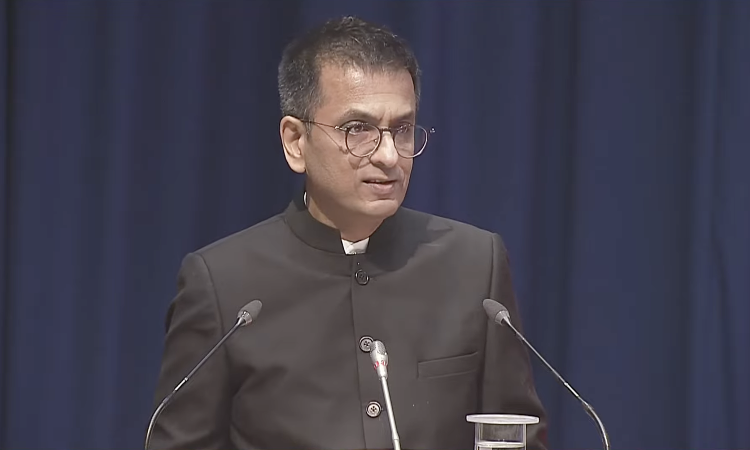Absolutely No Pressure From Executive To Judges: CJI DY Chandrachud
LIVELAW NEWS NETWORK
18 March 2023 7:16 PM IST

Next Story
18 March 2023 7:16 PM IST
On Saturday, the Chief Justice of India, DY Chandrachud, participated as a speaker at the India Today Conclave on ‘Justice in the Balance: My idea of India and the importance of separation of powers in a democracy’. He particularly engaged in discussions on Constitutional democracy. This is the first time a sitting Chief Justice of India has agreed to take live question in the...
